 Over 2,100 abstracts across 53 symposia from the upcoming AiMES 2018 Meeting in Cancun, Mexico are now available for download in the ECS Digital Library!
Over 2,100 abstracts across 53 symposia from the upcoming AiMES 2018 Meeting in Cancun, Mexico are now available for download in the ECS Digital Library!
ECS Meeting Abstracts contain extended abstracts of the technical papers presented at the ECS biannual meetings, ECS joint meetings, and ECS-sponsored meetings. This publication offers a first look into the current research in the field. ECS Meeting Abstracts are freely available to all visitors of the ECS Digital Library. Learn more about our other open access publishing opportunities here!


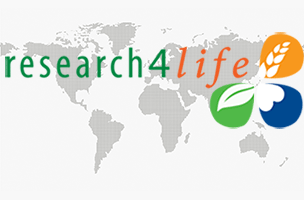
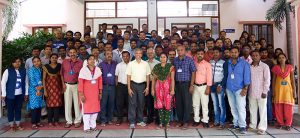
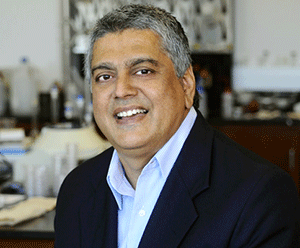

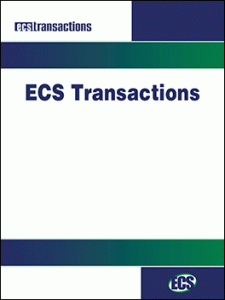 ECS Transactions 85(13) “Selected Proceedings from the 233rd ECS Meeting: Seattle, WA – Spring 2018,” has just been published.
ECS Transactions 85(13) “Selected Proceedings from the 233rd ECS Meeting: Seattle, WA – Spring 2018,” has just been published.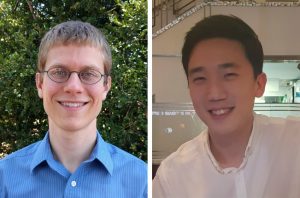
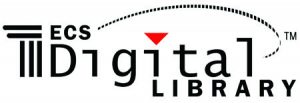
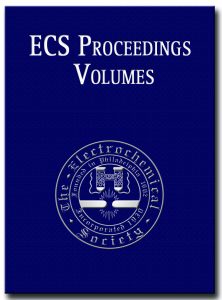 ECS is pleased to announce the addition of over 450
ECS is pleased to announce the addition of over 450 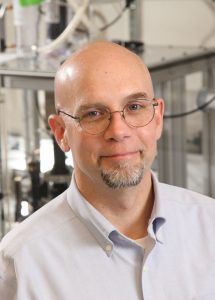 The Electrochemical Society has appointed Robert G. Kelly of the
The Electrochemical Society has appointed Robert G. Kelly of the